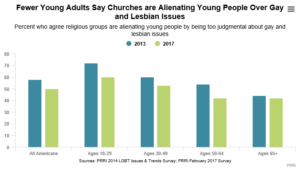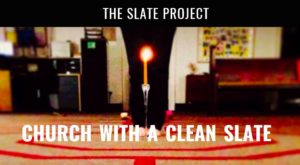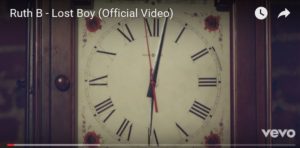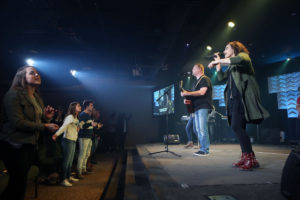
Copyright 2016 EA Resources. Please contact for permission to use.
Throughout my life and ministry, I have observed people in various life stages (childhood, adolescence, emerging adulthood, adulthood) experience deep pain. It is especially wrenching to see little children go through pain. While some say that children are resilient to pain, could the limited reaction of children (their resilience) to pain be due to their ability to fully process it?
Pain and suffering affect any individual’s development, regardless of their age; however, feelings aren’t always processed immediately when the tragedy occurs. Painful events and trauma often circle back into our lives, especially while transitioning to new stages of development.
As children grow and mature, we must understand that traumatic incidents will be processed at differing stages. Let’s imagine that a young boy named Billy was a victim of physical abuse which happened when he was five years old. A child might process this event at different ages based upon his cognitive, emotional, social, and spiritual development; For example: (Please note: listed ages are relative.)
At 4 – Dad hit me. It hurt.
At 8 – Dad hit me. It hurt. Dad was angry. I am scared. (The child has developed the ability to identify emotions within themselves and others.)
At 12 – Dad hit me. It hurt. Dad was angry. Dad doesn’t love me. I am scared of Dad. I am angry. (The child developed the ability to recognize cause and effect, and abstract concepts.)
At 15 – Dad hit me. It hurt. Dad was angry. Dad doesn’t love me. I am scared of Dad. I am angry. I feel confused about my emotions and reactions towards my dad and mom. My dad had other options. My mother had other options. God had other options. I am angry at dad, at mom, and God. (The adolescent developed the ability to connect experiences with spiritual beliefs, to use complex rationality, and to contemplate social relationships).
At 21 – Dad hit me. How am I affected by my past? How has my experienced shaped what I believe about myself and the world? How will my past affect my current and future relationships with him and others? (The emerging adults developed the ability to reflect on their past while developing their autonomy, and establishing a social community.)
During the transition to adulthood, pain can resurface. Adolescents once trapped by family systems who either forced the child to avoid pain, or were the source of pain – are now freely able to process their childhood experiences.
As the individual transitions towards adulthood, emerging adults seeking to establish their autonomy will begin the process of separating who they were in the past (or what had happened to them) into who they want to be as they make their own decisions. As they process their past pain, emerging adults reflect how their experiences has shaped them, and how it will affect who they become.
As emerging adults develop community, they make decisions as to how their past will affect their current and future relationships. The ability to choose their social network allows them to make decisions concerning with whom they will continue relationships (even among family members).
As emerging adults discover vocation, pain can lead their vocational decisions as they seek healing from past trauma, or seek to heal others from the pain that they once experienced.
Pain plays often a vital role in each fundamental task of adulthood shaping each individual according to God’s plan. As those who minister to emerging adults, we must learn to ask good questions that will lead emerging adults to reflect on their past.
 Dr. G. David Boyd is the Managing Director of EA Resources, and the Founder of the EA Network. If Dr. Boyd can help you and your community minister to the needs of emerging adults, you can contact him at gdavid@earesources.org.
Dr. G. David Boyd is the Managing Director of EA Resources, and the Founder of the EA Network. If Dr. Boyd can help you and your community minister to the needs of emerging adults, you can contact him at gdavid@earesources.org.
 Dr. G. David Boyd is the Managing Director of EA Resources, and the Founder of the EA Network. If he can help your community understand and minister to emerging adults, please contact him at gdavid@earesources.org.
Dr. G. David Boyd is the Managing Director of EA Resources, and the Founder of the EA Network. If he can help your community understand and minister to emerging adults, please contact him at gdavid@earesources.org.








 When asked whether or not faith groups are driving away younger Americans because of intolerant views of gay and lesbian people, 50% of Americans said no. When asked this same question in 2013, 58% of Americans said no.
When asked whether or not faith groups are driving away younger Americans because of intolerant views of gay and lesbian people, 50% of Americans said no. When asked this same question in 2013, 58% of Americans said no.






